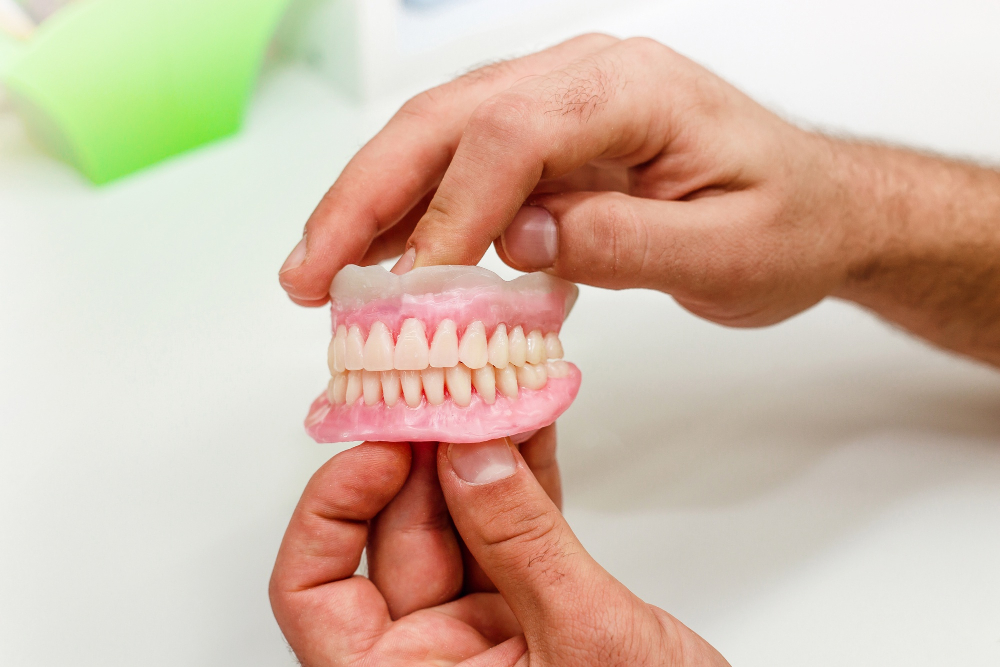When to Consider TMJ Surgery: Benefits and Risks
Introduction:
Temporomandibular joint disorder (TMJ) or temporomandibular disorder (TMD) is a condition that affects the jaw joint and surrounding muscles, leading to discomfort and pain. In most cases, TMJ symptoms can be effectively managed with conservative treatments such as medications, physical therapy, and dental appliances. However, in certain situations where non-surgical treatments prove ineffective or when the TMJ issues are severe, TMJ surgery may be considered.
In this article, we will explore the circumstances in which TMJ surgery may be recommended, the potential benefits of surgical intervention, and the associated risks that individuals should be aware of before considering TMJ surgery.
When TMJ Surgery May Be Considered:
- Failure of Conservative Treatments: When non-surgical treatments, such as medications, physical therapy, and dental appliances, have not provided significant relief from TMJ symptoms, and the individual’s quality of life is significantly affected, surgery may be considered.
- Severe Jaw Dysfunction: In cases where the TMJ dysfunction severely affects jaw movement, causing difficulty in eating, speaking, and normal daily activities, surgery may be an option to restore function.
- Structural Abnormalities: Structural issues, such as displaced discs within the TMJ, jaw joint degeneration, or jawbone abnormalities, may require surgical intervention to correct and alleviate symptoms.
- Unsuccessful Dental Treatments: In some instances, dental treatments aimed at correcting malocclusion or bite misalignment may not resolve TMJ issues. In such cases, surgery may be considered to address the underlying structural problems.
Potential Benefits of TMJ Surgery:
- Improved Jaw Function: TMJ surgery aims to restore proper alignment and function of the jaw joint, allowing for improved jaw movement and reduced pain during daily activities like eating and talking.
- Pain Relief: Surgical correction of TMJ structural issues can provide significant pain relief for individuals who have been experiencing chronic TMJ discomfort.
- Restoration of Quality of Life: For individuals whose TMJ issues have severely impacted their quality of life and daily activities, successful TMJ surgery can lead to improved overall well-being and restored functionality.
Risks and Considerations of TMJ Surgery:
- Surgical Complications: As with any surgical procedure, there are potential risks, including bleeding, infection, nerve damage, and adverse reactions to anesthesia.
- Limited Success Rates: TMJ surgery may not be successful in all cases, and some individuals may experience recurrence of symptoms or limited improvement post-surgery.
- Long Recovery Period: TMJ surgery often involves a significant recovery period during which the jaw needs time to heal and adjust to the changes made during the procedure.
- Irreversibility: Some TMJ surgeries involve irreversible changes to the jaw joint, which means that further surgical interventions may not be possible or may have limited effectiveness in the future.
Conclusion:
TMJ surgery is not the first-line treatment for most individuals with TMJ disorders. Conservative treatments are usually explored before considering surgical intervention. However, in cases where non-surgical treatments have not provided adequate relief or when there are severe structural issues affecting the jaw joint, TMJ surgery may be recommended. Potential benefits of surgery include improved jaw function, pain relief, and restoration of quality of life. However, individuals considering TMJ surgery should also be aware of the associated risks and potential limitations of the procedure. It is essential to have a thorough consultation with a qualified oral and maxillofacial surgeon or TMJ specialist to determine whether surgery is the right option for your specific TMJ condition. A comprehensive evaluation and consideration of all treatment options will ensure that you make an informed decision that best meets your needs and provides the most effective relief from TMJ symptoms.
Image by peoplecreations on Freepik


